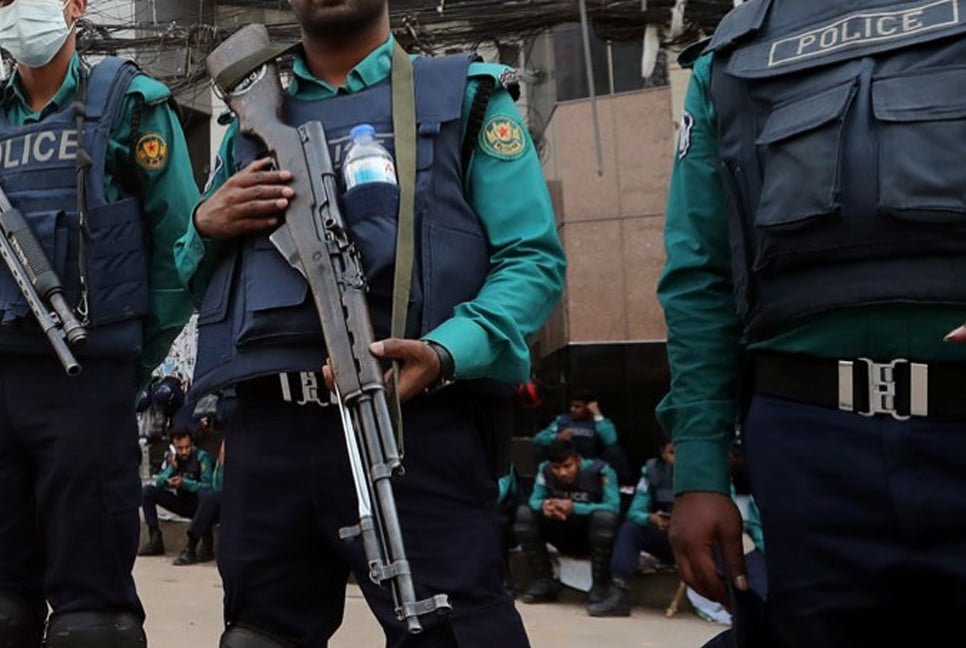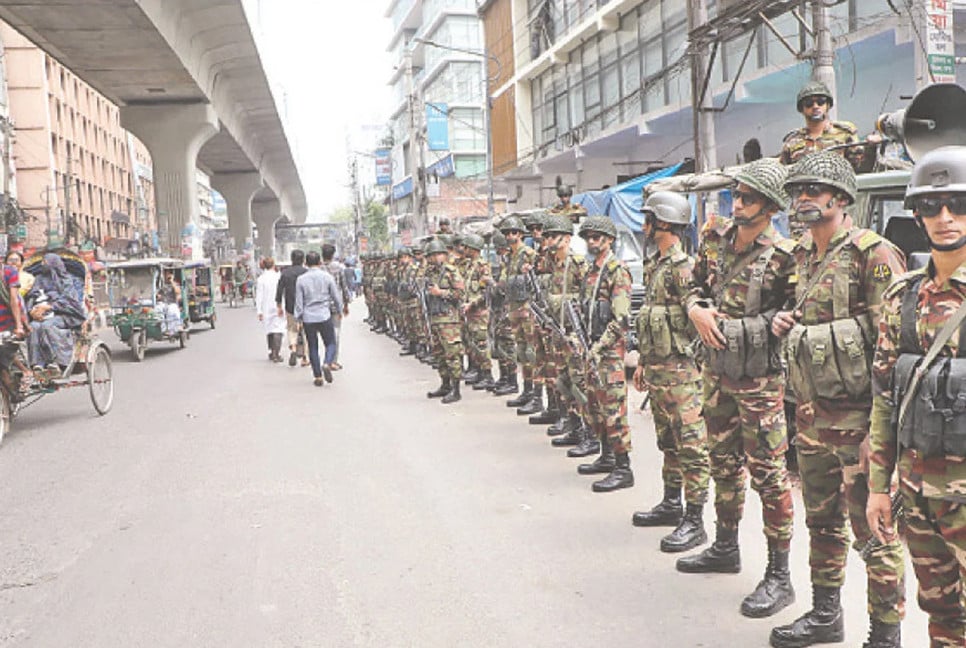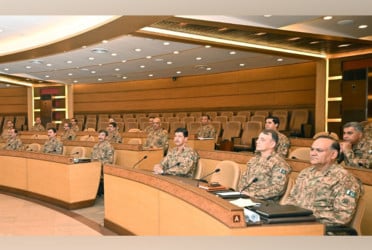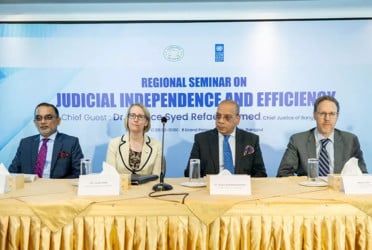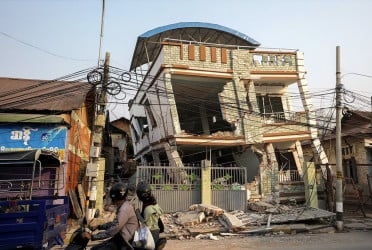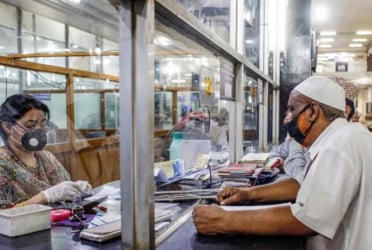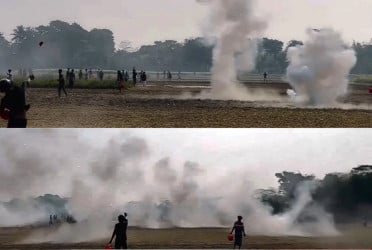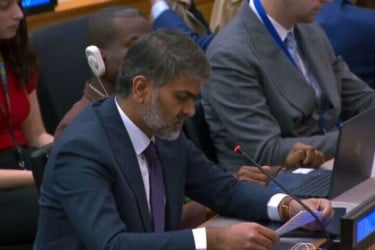The distance between teacher and students has increased over the years across educational institutions including schools, colleges, madrasahs and universities, deteriorating the teacher-student relation.
The government’s policy barred teachers to punish students both physically and mentally. Many teachers do not even reprimand students out of fear.
Teachers now only conduct routine classes. They are not emotionally attached to the profession and not passionate to develop students into ideal human beings.
After the fall of the previous government, the distance between students and teachers has increased even more.
Student led July-August movement forced the dictatorial government to flee from the country. After that the branches of the anti-discrimination student movement have spread all over the country. Many have become self-proclaimed leaders of this platform of students!
Many people have suddenly emerged in different parts of the country who had abandoned their studies and got involved in various crimes. Many of them are also introducing themselves as leaders of the anti-discrimination student movement. Many soft-hearted people are also getting involved in various crimes by joining various committees of the student movement platform.
Since August, many teachers in schools, colleges and madrasas have been forced to resign across the country. According to the Bangladesh Teachers’ Association, a total of two thousand teachers were forced to resign. And most of these resignations were related to current or former students of the relevant educational institutions. In different places, students were dragged, beaten and forced to sign resignation letters. This is also why the distance between teachers and students has increased.
Concerned authority said that the students now are not attentive in classes, and teachers take classes in name only. Many teachers are now afraid of students. And because of this, quality teaching in educational institutions has collapsed. The same environment prevails in the country's universities.
Sheikh Kawsar Ahmed, general secretary of Bangladesh Teachers’ Association (BTA), said: “In a society where there is no system for disciplining students, there will be no respect for teachers.”
He highlighted the need for holding students accountable, saying: “There is a lack of discipline among students. A system of discipline needs to be restored for students in a humane manner.”
“Then the student-teacher relationship will improve,” he expressed his hope. He believes that this will make teacher pay their attention to their lessons.
This teacher believes that after the fall of the autocratic government in the student-public movement, a party has used students in different parts of the country to achieve various interests. If the student-teacher relationship can be improved, it will be possible to stop the abuse of vulnerable students.
Sirajul Islam Chowdhury, Professor Emeritus, said: “Students have led the movement to overthrow the government along with the people. Many of those who led the movement have been influenced by power and have become arrogant.”
“The big duty of those who led the student movement now is to bring students back to the classroom.” He added that if students are not back to the classroom then will suffer a great loss. “Recently, teachers have been subjected to humiliation in many places. This is also undesirable and unacceptable.”
Mentioning that the deterioration of teacher-student relations has started long ago, the celebrated teacher said: “The government must pay attention to overcome this situation.”
He said: “The children of those who rule the country are reading abroad that is the reason of the indifferent attitude toward the situation.”
Translated by Afsar Munna





